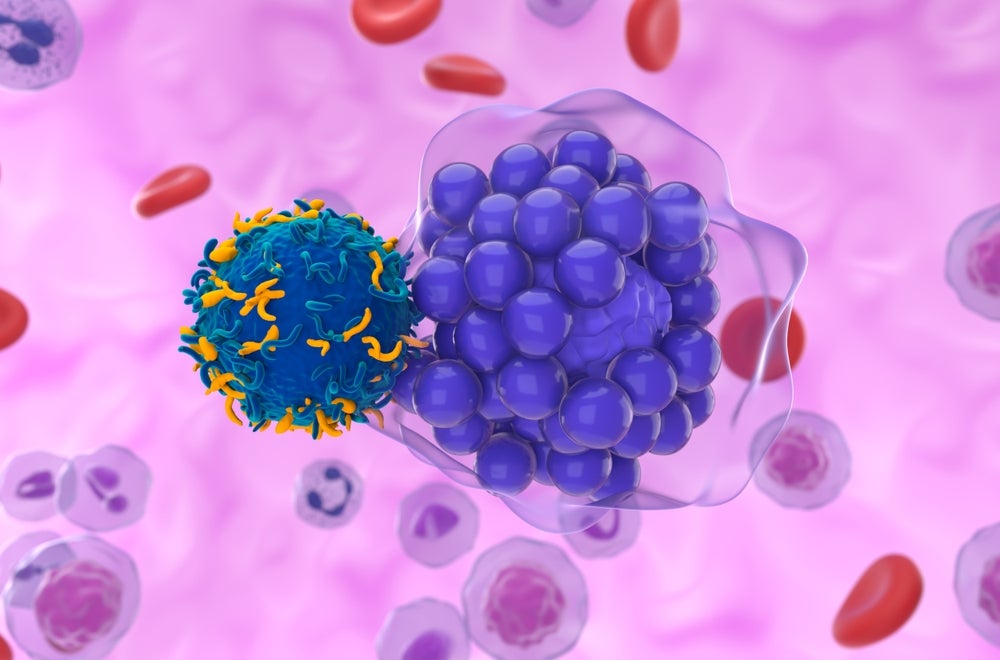Pfizer’s Phase 3 Trial for Gene Therapy in Boys with Duchenne Muscular Dystrophy Fails to Show Functional Improvement
Pfizer’s gene therapy for Duchenne muscular dystrophy failed to improve motor function in young boys in a key late-stage trial. The last evaluation of the experiment stated that the therapy did not meet the primary or secondary goals set for it in comparison with a placebo, as the company reported. This Phase 3 trial, known […] The post Pfizer’s Phase 3 Trial for Gene Therapy in Boys with Duchenne Muscular Dystrophy Fails to Show Functional Improvement appeared first on LifeSci Voice.

Pfizer’s gene therapy for Duchenne muscular dystrophy failed to improve motor function in young boys in a key late-stage trial. The last evaluation of the experiment stated that the therapy did not meet the primary or secondary goals set for it in comparison with a placebo, as the company reported. This Phase 3 trial, known as Ciffreo, measured the participants using a motor function rating scale coupled with time-based examinations of the subjects’ walking and standing.
While the trial did not show any real benefits from dornase alfa, Dan Levy, Pfizer’s development head for Duchenne muscular dystrophy, expressed disappointment that the results didn’t capture the company’s envisioned relative enhancement of motor function. Pfizer plans to disclose full statistical findings from the trial in medical and patient advocacy forums. All the participants are still being observed, and the management is already determining the best follow-up actions for the program.
Pfizer said the gene therapy it developed, known as fordadistrogene movaparvovec, created only mild to moderate side effects, mostly affecting the liver or immune system. However, the Ciffreo study is temporarily on pause after the unfortunate occurrence of a patient’s death in another related trial that uses the same treatment for younger boys affected by Duchenne muscular dystrophy.
This trial failure is similar to the result of Sarepta Therapeutics, whose gene therapy, Elevidys, did not reach its primary objectives in a placebo-conducted Phase 3 trial. While Pfizer failed, Sarepta argued that Elevidys showed a positive trend for all the secondary measures, and Sarepta sought FDA approval to use Elevidys for all patients with Duchenne gene mutation. A decision on this approval is expected before June 21. The FDA has previously granted approval for Elevidys to be administered to boys aged 4 to 5 years on the basis that it synthesizes microdystrophin, a protein believed to benefit patients.
Similarly, Pfizer’s gene therapy aims to code for a mutant protein that partially compensates for the non-existent muscle protectant in Duchenne patients by generating a shortened dystrophin protein. Nevertheless, Pfizer’s therapy has safety concerns; recently, a patient died of cardiac arrest.
Duchenne muscular dystrophy, which primarily affects boys, is a childhood disease that often presents early in childhood. It is a genetic disorder that affects the muscles by halting the production of a protein called dystrophin; hence, the muscles progressively deteriorate, and the patient becomes unable to walk. Typically, patients with Duchenne die of heart and lung failure in their third decade of life.
The post Pfizer’s Phase 3 Trial for Gene Therapy in Boys with Duchenne Muscular Dystrophy Fails to Show Functional Improvement appeared first on LifeSci Voice.
What's Your Reaction?

































